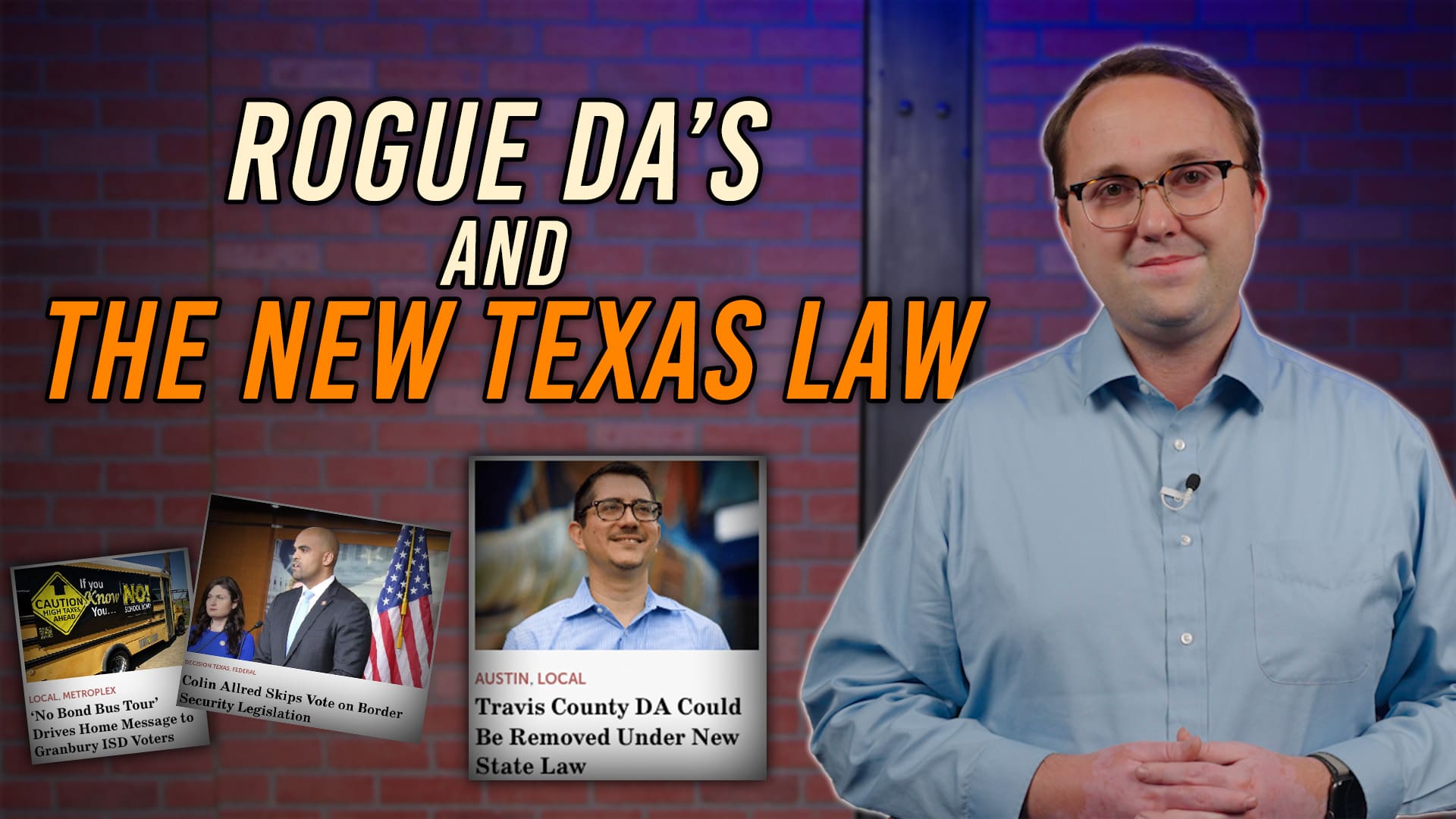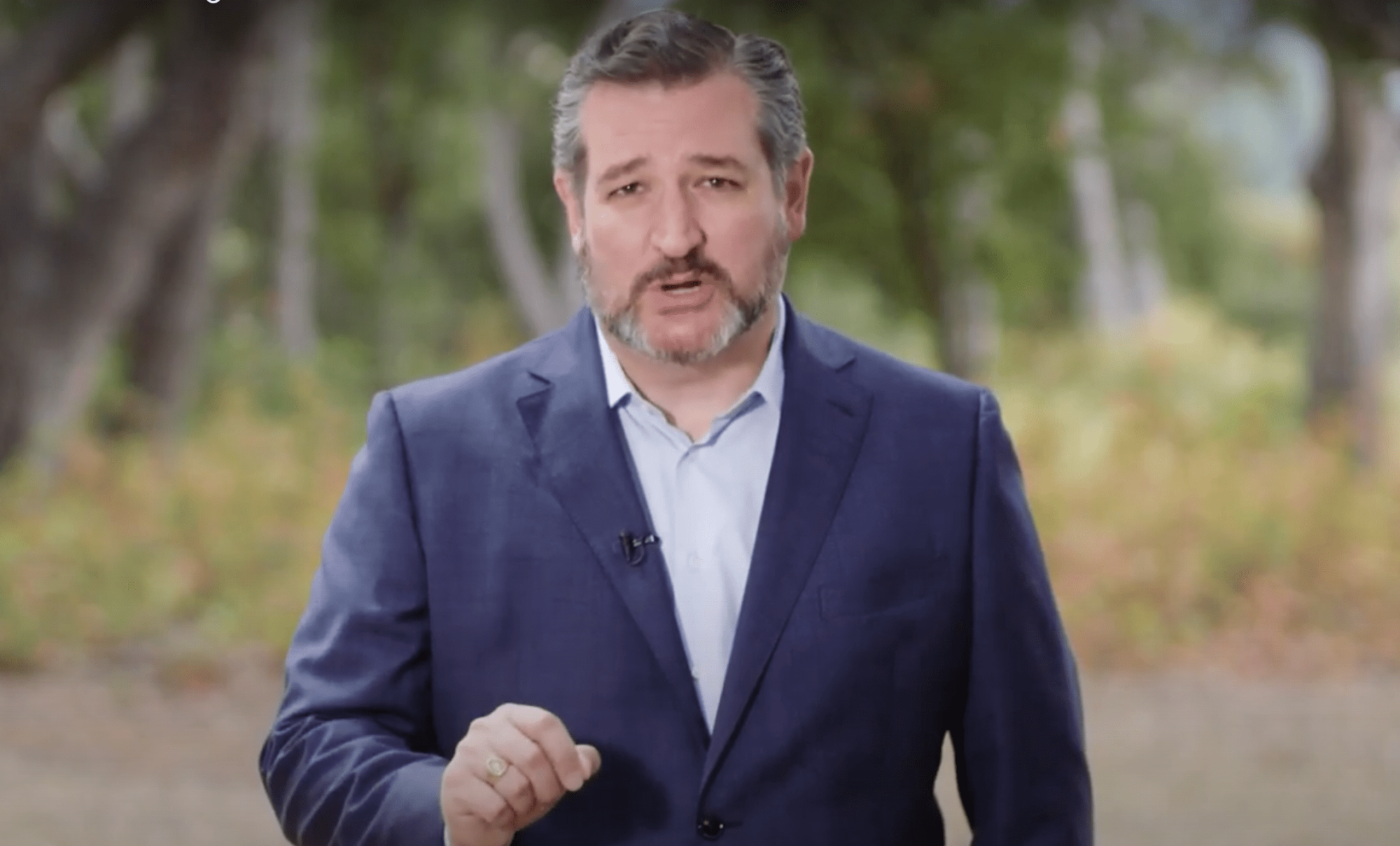Note: This article has been updated post-publication.
Gov. Greg Abbott and Texas Attorney General Ken Paxton could find themselves defending the state’s continued shutdowns of the Texas economy and restrictions on citizens before the Texas Supreme Court, after a major Republican medical doctor and activist and two Republican members of the Texas Legislature sued them to overturn the orders.
On Friday, Conservative Republicans of Texas’ Dr. Steve Hotze, M.D., State Rep. Bill Zedler (R-Arlington), and a number of other Texans are suing Abbott and asking the Texas Supreme Court to claim the power he seized under the Texas Disaster Act unconstitutional.
Jared Woodfill, an attorney and former chairman of the Harris County GOP, filed the lawsuit on behalf of Hotze, Biedermann, Zedler, and eight other plaintiffs and summarizes his argument as follows.
“Texas Government Code §418 is unconstitutional on its face because it is an improper delegation of legislative authority expressly prohibited by Texas Constitution, Art. II, §1. The subject executive orders issued by Governor Abbott are facially unconstitutional because they are founded on §418 (an unconstitutional statute) and because they purport to exercise the power to suspend laws which authority is reserved exclusively to the legislature. Texas Constitution, Art. I, §28. Even if the executive orders were founded upon legitimate constitutional authority (which they are not), they are unconstitutional as applied because they were instituted without due process, violate equal protection, and are composed of provisions that are arbitrary, capricious, and which are not the least restrictive means for advancing the government’s purported compelling interest (i.e., protecting public health).
“As such, Texas Government Code §418, and all executive orders issued pursuant thereto, should be declared unconstitutional and rendered null and void.”
Are plaintiffs correct? Is the Texas Disaster Act unconstitutional?
Empower Texans General Counsel Tony McDonald thinks it is.
In a Texas Scorecard blog post penned at the beginning of the Chinese coronavirus pandemic, when shutdowns were first being ordered, McDonald wrote, “Let’s not pretend this is constitutional.” He makes a similar argument regarding the legality of Abbott and other officials’ shutdown orders, writing the following:
“The proclamations claim to be authorized by the Texas Disaster Act of 1975, codified in Chapter 418 of the Texas Government Code. Section 418.012 states that ‘executive orders, proclamations, and regulations’ issued under that chapter have ‘the force and effect of law.’
“That’s plainly unconstitutional. In a republic, laws are adopted through the legislature—not ‘proclaimed’ by the governor or by local officials. There is no authority to the contrary.
“In addition to issuing proclamations masquerading as law, Abbott has purported to suspend various laws pursuant to Tex. Gov. Code § 418.016, which says the governor may suspend ‘certain laws and rules’ in light of a declared disaster. But Article I, Sec. 28 of the Texas Bill of Rights states plainly that only the Legislature can suspend laws. That section was even amended after the Civil War to remove the authority of the legislature to delegate its suspension powers.
“This issue of suspension of laws was, incidentally, the very first complaint mentioned in the English Bill of Rights of 1689. It seems Western peoples have been engaging in this conflict against executive usurpation of law-making power for centuries.
“How unconstitutional are the current proclamations? The Constitution is relatively silent on the issue of pandemics (aside from a brief mention empowering the governor to call special sessions of the legislature). But Article III, Sec. 62 of the Texas Constitution specifically provides for continuity of government in the case of an enemy attack. It does allow for temporary suspensions of the regular order. But even in those extreme circumstances, it explicitly says that the Bill of Rights cannot be suspended.
“And indeed, Texas’ Bill of Rights in Article I, Sec. 29 specifically states that usurpation of the rights of the citizenry is excepted out of the general powers of government, and such rights shall never be violated.
“That means that our state government does not have the power to deprive citizens of life, liberty, property, privileges, or immunities except by due course of law. The citizens have the right to assemble, freedom to worship, and freedom of speech. They even have the right to go to the beach.
“No statute or proclamation can ever purport to empower any official with the power to violate such rights. Such power has been forever ‘excepted’ from the powers of the government.”
A longtime conservative activist, Hotze has been making headlines in Houston and across Texas for years. Most recently, Hotze had previously filed suit against Democrat Harris County Judge Lina Hidalgo, seeking to overturn her mandatory mask order. Though legal experts contended he had a strong case, that case was mooted when Gov. Greg Abbott barred local officials from requiring masks.
This is a developing story. Texas Scorecard will continue to monitor further developments.
A full copy of the lawsuit may be viewed here.
Update: Post-publication, State Rep. Kyle Biedermann (R-Fredericksburg) informed Texas Scorecard his name was added to the lawsuit without his consent. His name has been removed from the story.





